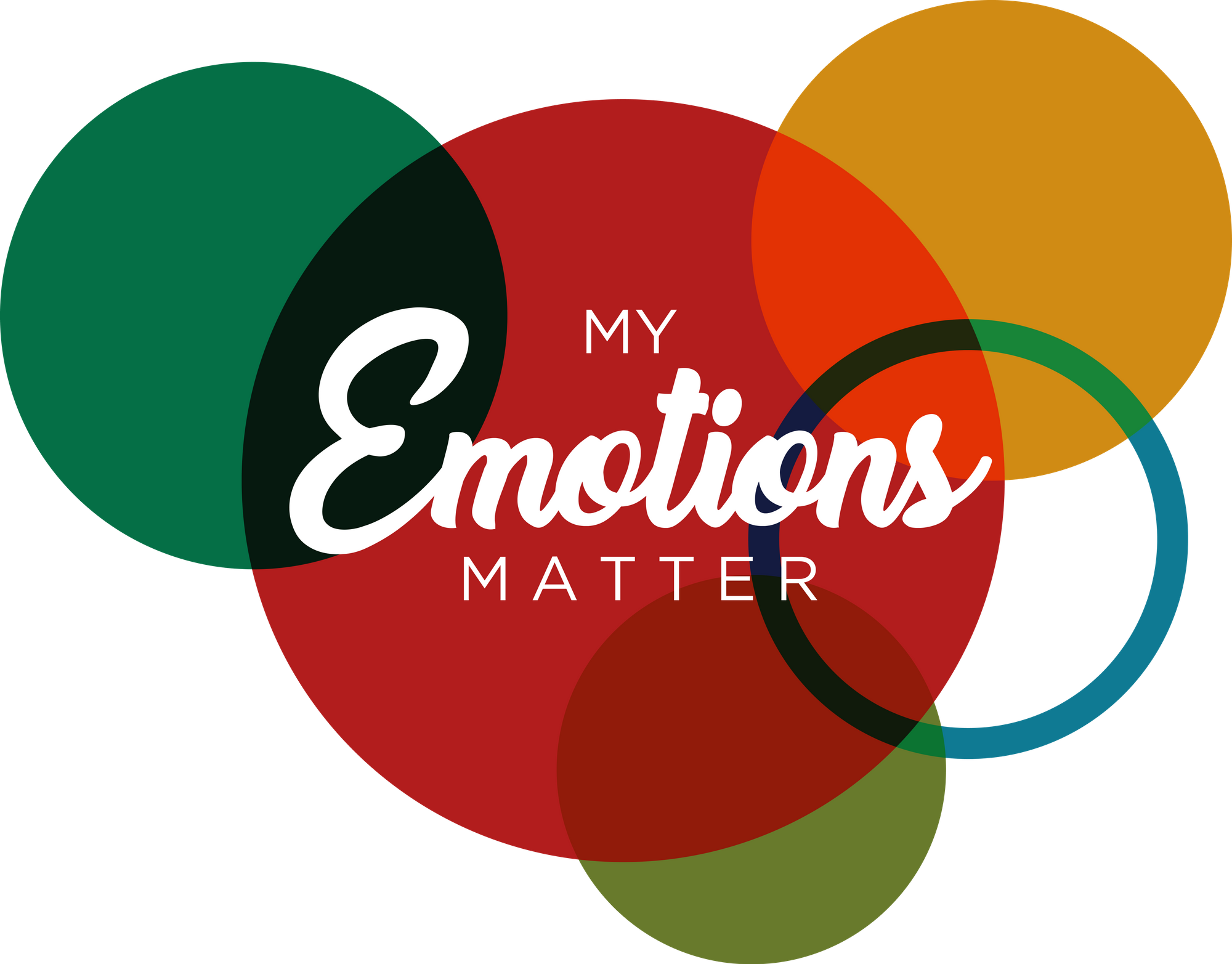We published a book on Emotional Literacy. Here's why.
For the longest time in my life, I thought people who talked about feelings were ‘sentimental’ people who would cry the moment you said something to them or people who didn’t really care about you but were just ‘being nice’ when asking you how you were. Perhaps that is why I didn’t care to ask myself My Emotions Matter’s favorite question- How are you feeling?. The closest I came to answering that question would be three words used as a standard reply in three distinct situations: ‘Good’ when things were to my liking, ‘Bad’ when things weren’t to my liking, and ‘Sabai thikai cha’ (which means ‘Everything’s alright’ in Nepali) when I wasn’t in the mood to reflect. Having worked in the domain of Emotional Intelligence in the last eight years, I now understand what I was missing out on whenever I did that.
Just like the younger version of me, we have come across many individuals in our workshops and courses who find it hard to answer that question with insight. From my own experience, I can tell you why it is a problem. Previously, whenever I used to feel disappointed (I didn’t know that the time), I used to show anger. The other person who was on the receiving end tried to tame what they perceived was anger. As you can imagine, it wasn’t helpful at all. Their ways further fueled disconnection (and now I was really angry). This pattern repeated and I couldn’t break the cycle. Why? Because I had simply not learnt to say one crucial sentence: I feel disappointed when you do (the specific action the other person took that stimulated feelings of disappointed in me). I feel ___, when ___. Such a simple template in hindsight that I was oblivious to.
Emotional literacy, or the ability to identify, understand, label and express emotions positively is one of the foundational skills of Emotional Intelligence. Unless we can know how we are feeling, we aren’t in a position to understand what our needs are (emotions are data that signal whether our needs are met or unmet) and make this information understandable to others. What then happens is largely making assumptions about oneself and others. The result- further alienation with our own selves and those around us.
Although none of us at My Emotions Matter were great at this skill when we first started out, over time, we have realized that the skill of Emotional Literacy can be learnt. As a group of passionate educators, we thought it would be meaningful to develop an educational resource that changed the way people understood their own emotions. Instead of sticking to ‘Good’ or ‘Bad’, what might happen if individuals learnt to tune in to their emotional states, give it a name and then leaned toward those emotions to help them in their goals? In less than a year of discussing this question, we came out with our first book on Emotional Literacy.
Through an illustrative guide, the book introduces readers to the 8 basic emotions based on Plutchik’s Wheel of Emotions. Our intention is to help participants explore what the 8 basic emotions are, what different intensities of these emotions might be like, and identify how these emotions can be used as a strategic resource rather than obstacles to avoid or overcome. The book is full of prompts, and explores what an Emotionally Intelligent person might do differently in the same situation than from their counterparts who lack the skills of Emotional Intelligence. Our workshops on Emotional Literacy is based on this book since it is tailored to a Nepali audience who might not already be familiar with the concept of Emotional Literacy.
Our hope is that there are more feelings based conversations between people. We envision working with parents, teachers, students as well as working professionals toward our vision of a self-aware and empathetic world. Our first step toward that journey? Asking ourselves and those around us often: How are you feeling?.
You can get the book from EKTA Books.
Sagar Satyal is co-founder at My Emotions Matter and can be reached at [email protected].




